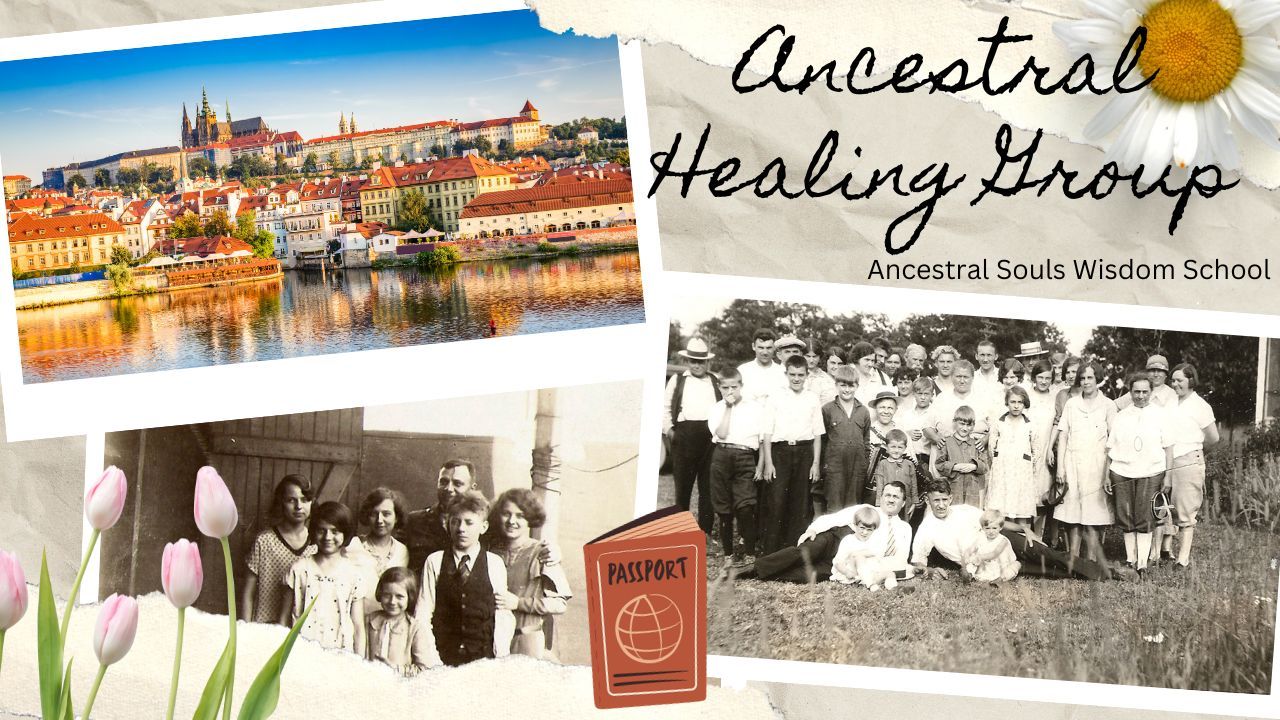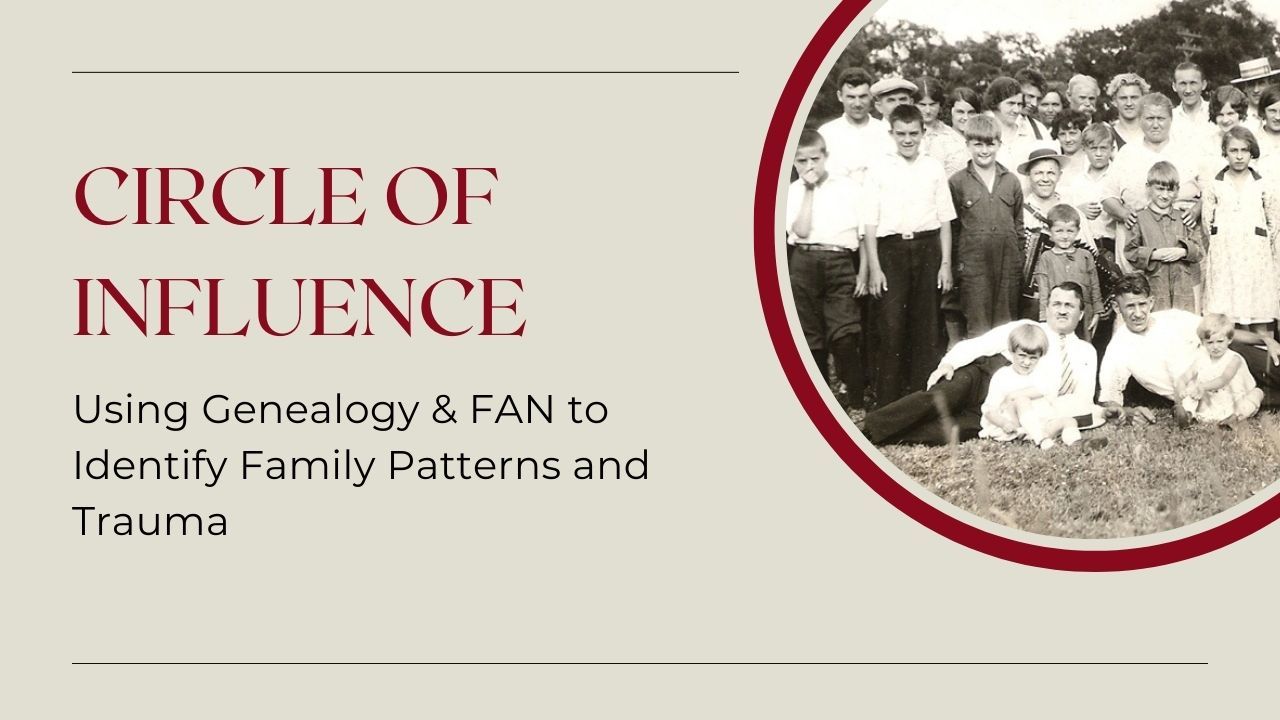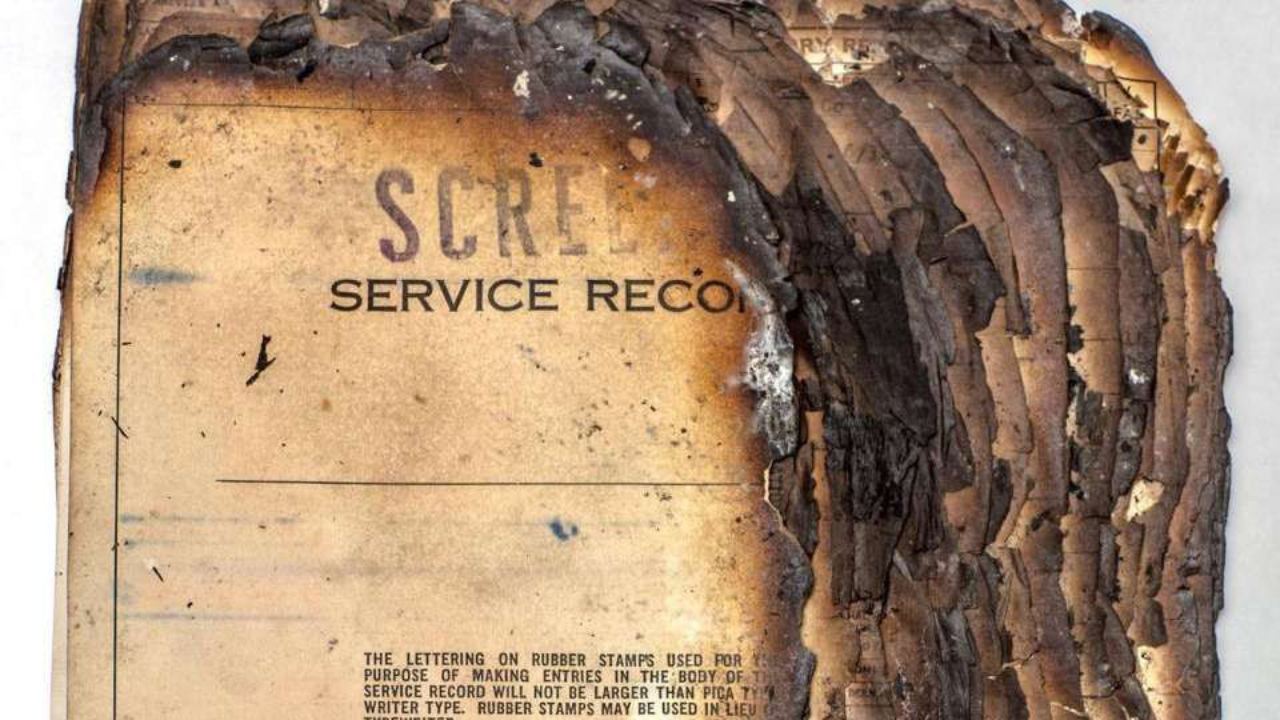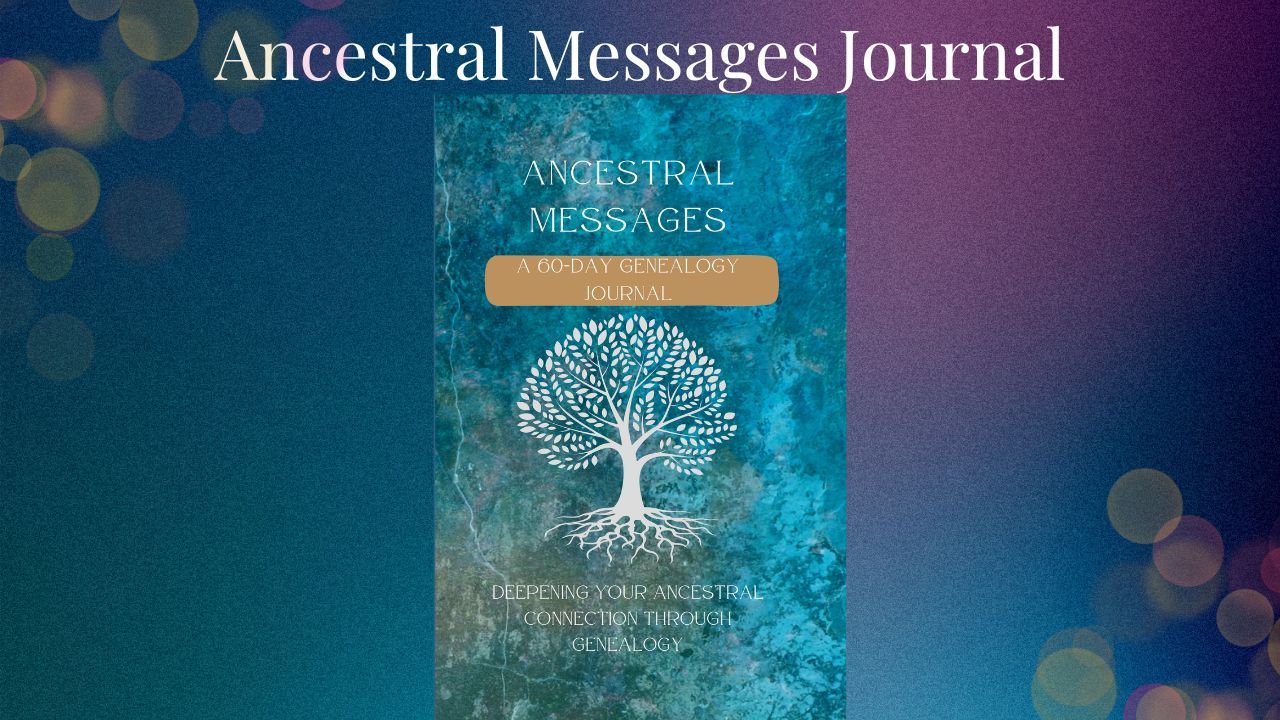Women’s History Month: Women on the Home Front
Mar 07, 2022
As you research your military service member from World War I, World War II, Korea, or Vietnam, ask yourself these questions. Is that where your exploration ends? You only research the military service? Have you taken the time to explore the lives the women left at home led? How they coped and processed their loved ones fighting a war? How they coped when their loved ones returned home changed, or never came home?
Normally when people start genealogy or military research, they gather names, dates, places, and the usual documents to put into a timeline. They are mostly interested in trying to verify a family story that may only contain a grain of truth or the military story. Sometimes they have questions about what their father, mother, grandfather, uncle, brother, sister, went through while in military service. But it doesn’t go much beyond that.
The ignored group of people are the women on the home front. Yes there have been books written about women on the home front, but mostly from the perspective of them joining the workforce as Rosie the Riveter. Or taking other jobs that men left behind. Growing Victory gardens, raising money for war bonds, knitting or gathering supplies to send to the troops.
What has gone unexplored in most families is how the women coped and processed the war. Women were the primary humans to keep things going on the home front, whether in the U.S. or overseas. Women were the ones who continued to raise the children, ensure there was enough or some food to feed those children. To keep the farms running. Continue taking care of extended family since in many places, generations of families lived together or very near each other.
These women also had to (hide) their own fears, questions, grief, stress, over the massive changes in their lives, their communities and the loss of the man in their life. Yes women served, but this article focuses primarily on women left at home while men served. Hiding these things may have helped the children cope but the energy still existed. Unless that hidden energy was processed and integrated by the parents and children who lived through this, it was passed down through the generations.
When the war ended…..men returned home changed.
When the war ended and men returned home, they were all changed. Even if your family member hid their pain and stress well, they were still changed. Here are a few questions you can ask about your female ancestors.
- What did my female ancestor do during the war (work, home life, family, community, social)?
- How did she cope with the changes on the home front (rations, men leaving, community changing, fears of her children)?
- How did her life change during the war? Did she leave the home to go work? Did she start taking care of children so others could work? Did any of her social and community commitments change?
- How do her children remember her during the war? After the war?
- What happened when the man returned home (son, brother, uncle, father, husband)? How did she change? What else changed in the family when the man returned?
- Was there any support given to the woman in the home? Reading newspaper articles and some books written for the returning veteran, focus mostly on how to support the veteran but never the woman.
- If the veteran at some point had to move into a Veterans Hospital or other facility due to their war wounds, how did the woman cope? How did she help her children cope? Or did she? Was any psychological assistance available?
- What happened to the woman in the end? How did she live her life?
When the war ended…..some men never came home.
- How did the woman cope when her son, father, husband, brother died in the war? Was any psychological assistance available?
- Did the woman hold out hope that the man was not really dead (this question is more for those reported Missing In Action (MIA))?
- How did the woman move on (or did she)? Did she remarry or remain single the rest of her life if she lost her husband? Did she remain living with her parents or in-laws? How did a sister move on if she lost her brother? Did that affect the relationships she had after the war – quite possibly with a veteran?
What have you noticed?
As the granddaughter of a WWII veteran, I became aware in 2019 that I was repeating the patterns of that veteran and his wife, my grandparents. I am aware their boys never processed or integrated their war grief, loss, anger, stress. It became a topic to never be discussed. One of my uncle’s made it crystal clear that I should not ask questions.
This led me to living with energies and patterns on an unconscious level until 2019 when I did my first genogram and realized the marriage I had with a Dutch man was very similar in a toxic, negative, stressful way as what my grandparents lived. At that point I was able to begin changing things in my life, healing old patterns, and shifting everything, including getting out of that relationship.
We do not have to live with the past hanging around and affecting our lives in negative, toxic, destructive ways. All of life is a choice. We can be courageous and look at the patterns and do our shadow work and heal or we can continue living in those old energies. If you would like to learn about the Genogram, I offer a webinar on this. Check it out, Introduction to Genograms and explore your history today.
Can I Help With Your Research & Writing Projects
If you need help with your WWI – Vietnam research projects or writing projects, I am taking new clients. You can email me at [email protected] to set up a phone call to discuss your projects and what’s possible.
© 2022 Ancestral Souls Wisdom School









